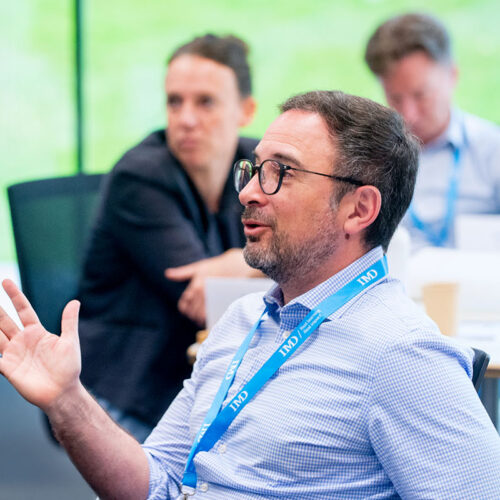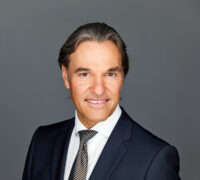Resilience through collaboration
Having led global operations and supply chains through multiple cycles of disruption, Batato is clear: resilience is built through collaboration, not independence. “Agility can’t be achieved in silos. It depends on aligned goals and shared information – across internal functions and with external partners.”
Ongoing sustainability efforts are an example. You can’t drive lower emissions by pressuring suppliers – true progress only comes from collaboration. It’s about co-investing in solutions, aligning incentives, and tackling challenges together.
Batato extends his philosophy of collaboration and agility to talent development, acknowledging that the younger generation is less likely to stay loyal to one company. “Career development today requires broader exposure, not just upward progression,” he says. The best people seek roles that offer diverse experiences and opportunities for growth. At Nestlé, he introduced flexible, mission-based roles, allowing employees to contribute across multiple functions and solve meaningful problems.








